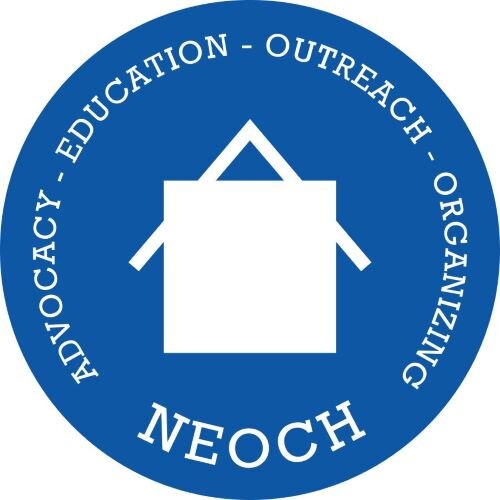PASS Shelter Serves Chronically Homeless
by Beth Prebel
Last October, a new program for chronically homeless men got underway. The program, called PASS (pick-up, assessment, services and shelter) is overseen by the Salvation Army and operates in their shelter on E. 22nd Street (formerly a woman’s shelter). PASS applications are accepted on and off-site by staff members and outreach teams.
PASS offers any homeless man the opportunity to establish income, participate in an alcohol and drug-free environment, develop independent living skills and establish permanent housing. According to Ron Reinhart, who along with Sue Dinardo co-directs the PASS staff, the focus is on change. Reinhart says, “the atmosphere is one of comfort and responsibility.” PASS offers a family-like approach with rules and regulations that need to be followed. The average stay is from 90-120 days, although it could be longer. The program is individualistic and structured, which according to Reinhart, is the necessary approach.
PASS receives support from such organizations as the VOA (Volunteers of America) and Health Care for the Homeless. Mark Budzar, Outreach Counselor at VOA, says that he has referred approximately 10-12 men to the PASS program.
The PASS Program was filled right away. It currently provides shelter and services to 45 homeless men. With 10 spaces provided for men in the Step One to Recovery program. In light of the number of homeless men in the area, one of the criticisms of PASS is its limited accommodations and the difficulty to get in.
Both Reinhart and Budzar state that substance abuse is prevalent in the homeless community. There are multiple problems that plague chronically homeless men and therefore it is important to place each person with the appropriate service or agency. Says Reinhart, “not every man is ready for PASS; they can engage in other services.”
Random drug testing is conducted, and if a resident is found to be a user they are immediately dismissed. They can, however, re-apply in 30 days. A resident does have the opportunity to “confess,” in which case he would not be put out, but would have more restrictions put on. In addition, one of the services at PASS is that Cocaine and Alcoholics Anonymous meetings are conducted every night.
Since the Salvation Army is planning on taking over the men’s overflow shelter system called ProjectHeat, they are trying to find a facility large enough to accommodate both projects. The facility would consist of a Base Shelter, PASS-interested (upgraded shelter with treatment available), Pre-PASS Program, and PASS. The benefits of such a facility would mean that there would be an opportunity for a man to downgrade in the system without being put out on the street and progress wouldn’t be destroyed if a fall back occurs.
Interviews are conducted on-site by Reinhart Mondays and Fridays from 4:30 to 6:00. At that time approximately 10 men are interviewed. There is no waiting list, another criticism of the program, but Reinhart stresses that it is difficult to track down a homeless person because they cannot always be located.
There are 15 PASS staff members who bring a vast amount of experience with homelessness. More than half have experienced homelessness firsthand, and most are in recovery of some sort. Eventually, Reinhart would like to see former PASS residents become staff.
The most important aspect of PASS says Reinhart is that it is “an opportunity to change.”
As of mid-January there were 7 graduates of PASS who were established with jobs and housing. Approximately 35% of those initially enrolled were still in the program.
Copyright NEOCH and the Homeless Grapevine published March 1997-April 1997 Issue 20
